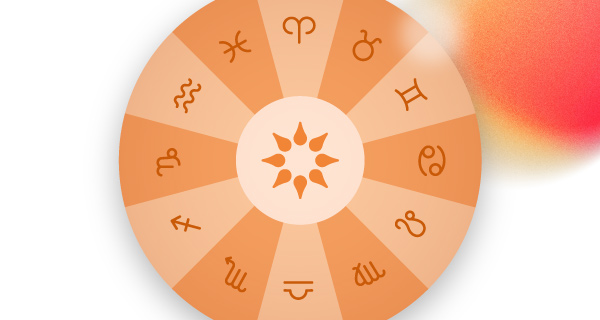The Essence of Vedic Astrology
Vedic astrology, though less common in Western countries compared to its Western counterpart, holds profound insights into our lives. Rooted in ancient Indian traditions, this system offers a unique perspective that complements Western astrology. Combining the two can provide a richer, more comprehensive understanding of your life’s journey.
The Origins of Vedic Astrology
The term “Vedic” refers to sacred knowledge derived from the Vedas, ancient Sanskrit texts from India. These texts, over 5,000 years old, encompass a wide range of topics including yoga, meditation, philosophy, healing, and astrology. Bhrigu, the revered father of Vedic astrology, is believed to have authored many of these scriptures, laying the foundation for this intricate system.
Western vs. Vedic Astrology: Key Differences
While both Western and Vedic astrology use the 12 zodiac signs and house systems, their methodologies differ significantly:
- Focus: Western astrology is a tropical system centered on the sun and seasons, whereas Vedic astrology is sidereal, focusing on the moon and stars.
- Approach: Western astrology emphasizes psychological aspects, such as ego and personality traits, using the sun, moon, and rising signs. Vedic astrology, on the other hand, delves into your spiritual journey, exploring karma, dharma, and life path, and is particularly useful for timing life events.
- Measurement: Western astrology uses a fixed zodiac, while Vedic astrology accounts for the precession of the equinoxes, leading to a 23-24 degree difference between the two systems. This difference can shift your zodiac sign and planetary positions in Vedic charts compared to Western ones.
Understanding Vedic Zodiac Signs
Due to the distinct measurement systems, your Vedic sign might differ from your Western sign. Here are the Vedic zodiac signs with their date ranges:
- Aries: Mesha (April 13–May 14)
- Taurus: Vrishaba (May 15–June 14)
- Gemini: Mithuna (June 15–July 14)
- Cancer: Karkata (July 15–August 14)
- Leo: Simha (August 15–September 15)
- Virgo: Kanya (September 16–October 15)
- Libra: Tula (October 16–November 14)
- Scorpio: Vrishchika (November 15–December 14)
- Sagittarius: Dhanus (December 15–January 13)
- Capricorn: Makara (January 14–February 11)
- Aquarius: Kumbha (February 12–March 12)
- Pisces: Meena (March 13–April 12)
This shift doesn’t invalidate your current Western sign but adds a new layer of depth to your astrological profile.
Deepening Self-Understanding with Vedic Astrology
Vedic astrology offers profound insights into karma, life purpose, and spiritual growth. It examines the influence of your past actions, relationships, and spiritual conditioning, providing guidance on overcoming life’s challenges. By understanding these patterns, you can work towards a more fulfilling and spiritually enriched life.
Complementary Systems for Holistic Insights
Western astrology excels in exploring psychological traits and relationships, while Vedic astrology offers clarity on spiritual and karmic aspects. Together, they provide a comprehensive view of your life’s purpose and potential.
Unlock Your Path with Astrology
For a deeper exploration of your astrological chart and personal insights, consulting an expert Astrology Psychic can be invaluable. They can reveal important dates, life influences, and offer guidance tailored to your unique astrological profile.
